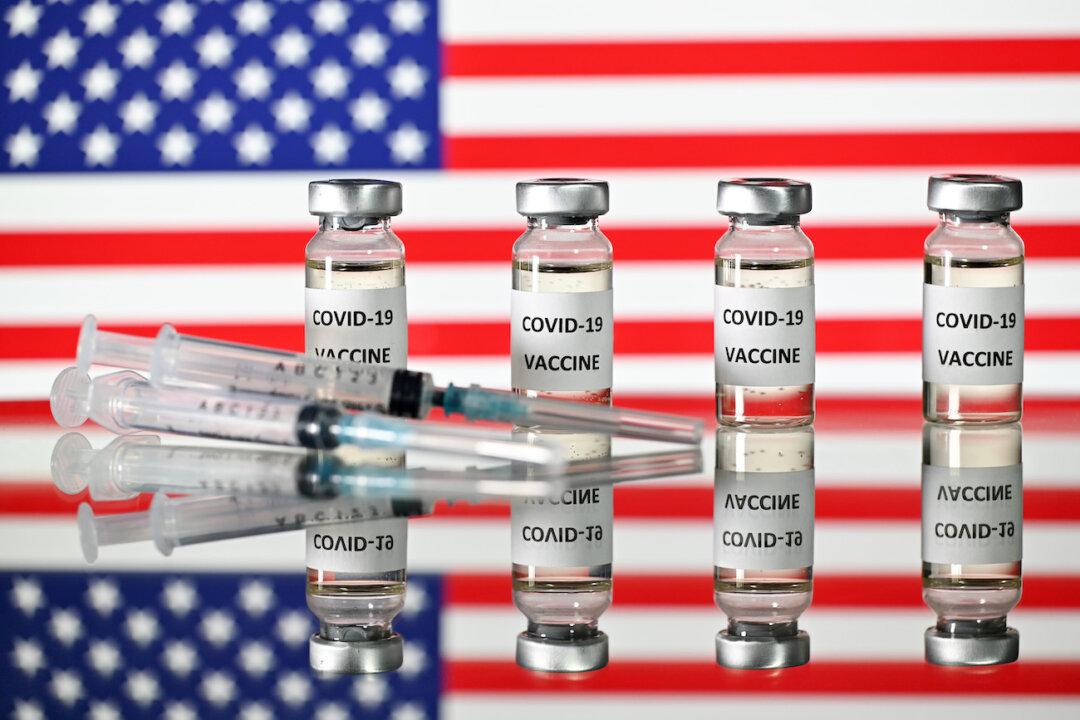Most green card applicants will need to get vaccinated against the CCP (Chinese Communist Party) virus and have proof of the vaccination to be eligible for permanent residency in the United States effective Oct. 1, according to the Centers for Disease Control and Prevention (CDC).
The new CDC guidance would apply to immigrants living in the United States seeking to apply for a green card.




